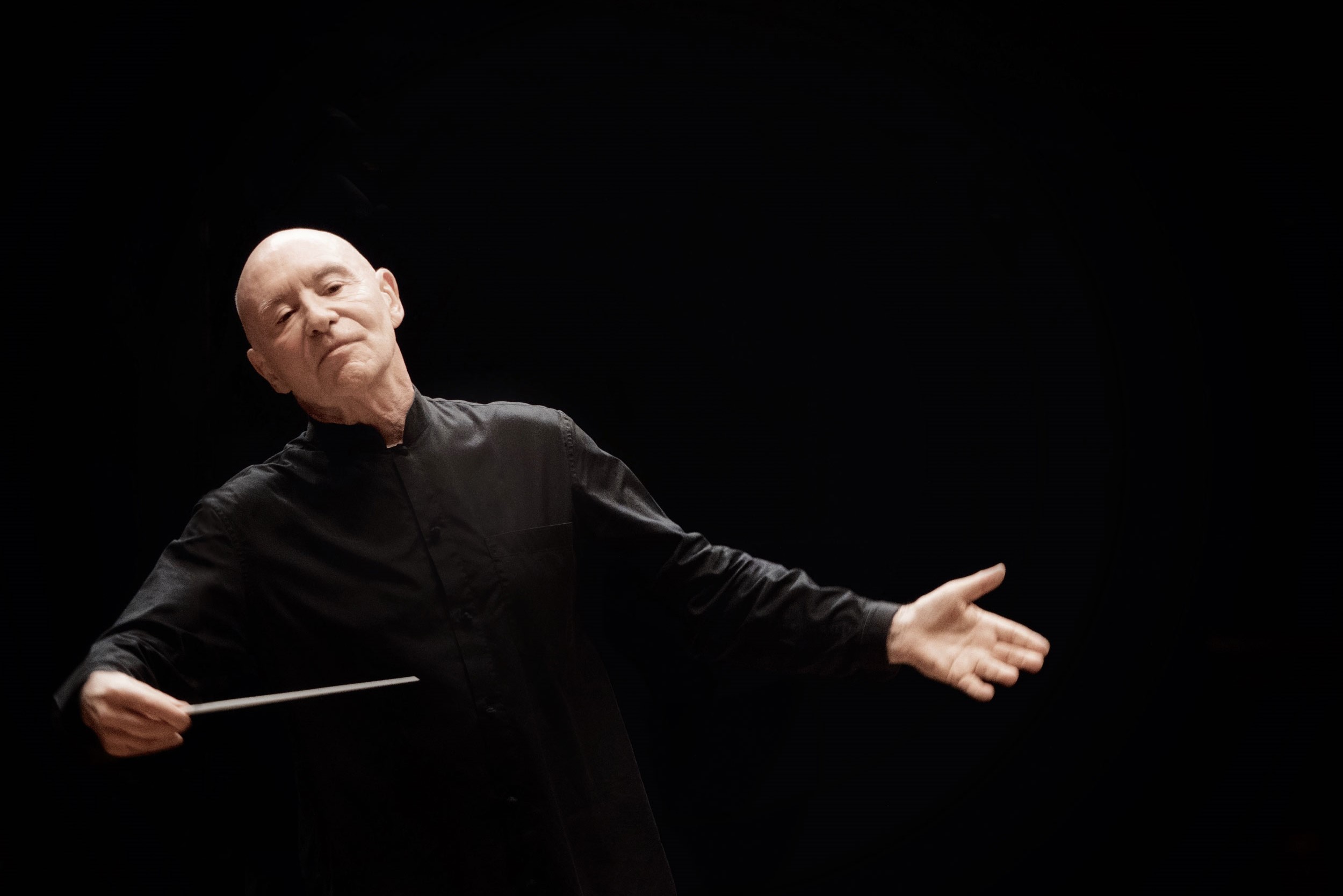Martha Argerich, Garrick Ohlsson, Krystian Zimerman, Rafał Blechacz, Yulianna Avdeeva, Seong-Jin Cho, Bruce Liu – the names of these winners of the International Fryderyk Chopin Piano Competition in Warsaw have become benchmarks of pianistic quality and artistic status. At the NFM, we will hear last year’s winner of the prestigious competition, Eric Lu. This is a unique opportunity to meet an artist on the threshold of a great journey – in a repertoire that requires not only virtuosity but, above all, a profound understanding of the style and spirit of Fryderyk Chopin’s music. Eric Lu will perform with the NFM Wrocław Philharmonic, who will also present Ludwig van Beethoven’s Symphony No. 4.
Fryderyk Chopin’s piano concertos, although researchers like to composers who inspired them: John Field, Johann Nepomuk Hummel, Friedrich Kalkbrenner and Ignaz Moscheles, certainly passed the test of time and continue to shine on concert platforms around the world, enchanting generations of performers and listeners as genius examples of the brillant style. This is due to Chopin’s extraordinary melodic talent and ability to give his compositions emotional depth. This resulted from the events of his live: they were written at the time when the artist fell in love with the young singer Konstancja Gładkowska. He was also fascinated by the world of Romantic opera, hence the references to Carl Maria von Weber’s Der Freischütz in the second movement of the Concerto in F minor. The finales of both concertos are subtle and at the same time humorous stylisations of Polish folk dances.
The second part of the concert at the NFM will feature Ludwig van Beethoven’s Symphony No. 4 in B flat major, which the composer worked on in 1806 in Oberglogau – the estate of Count Franz Joachim von Oppersdorff, the dedicatee of the Symphony. Today, this town is Poland’s Głogówek. The light, cheerful and humorous nature of the piece distinguishes it from the monumental symphonic frescoes, i.e. the Symphonies No. 3 and 5. For this reason, Robert Schumann described the Fourth as “a slender Greek woman between two Nordic giants”; Berlioz and Mendelssohn spoke with admiration about this work too. The symphony was first performed in March 1807 during a private concert at the estate of another friend and patron of the composer, Prince Joseph Franz von Lobkowitz.

